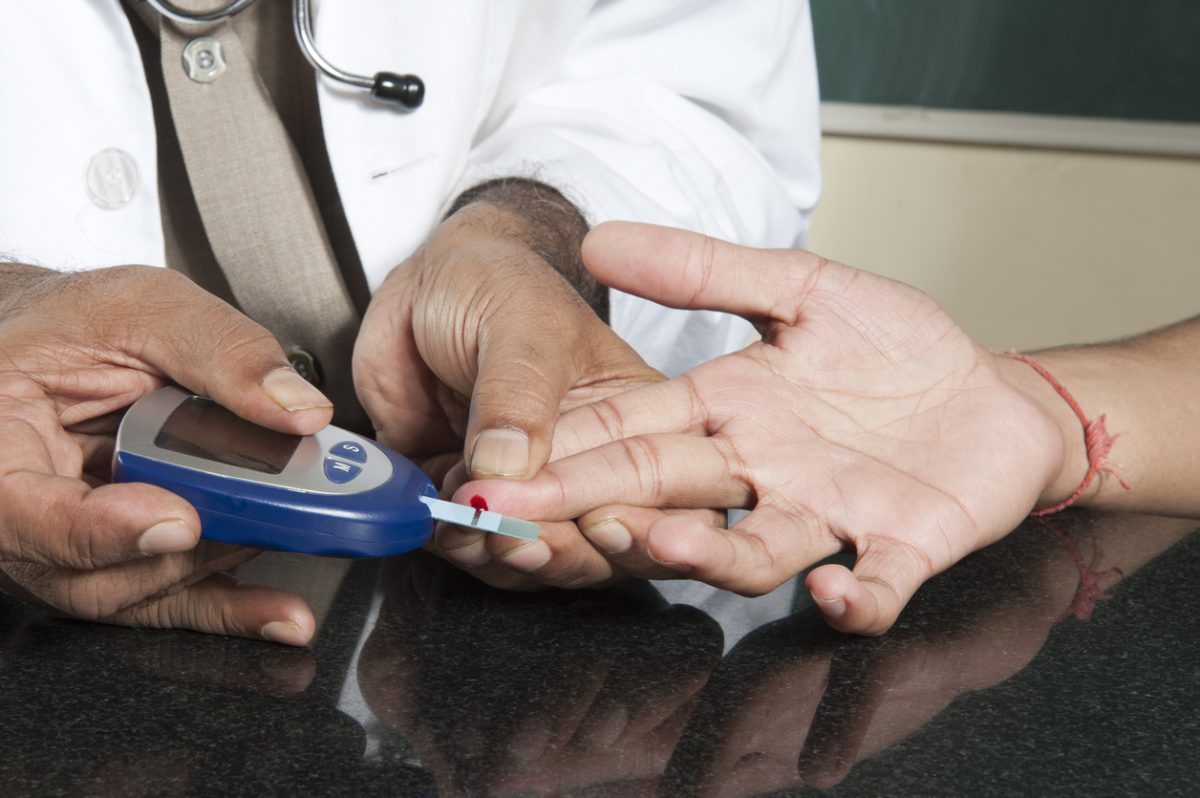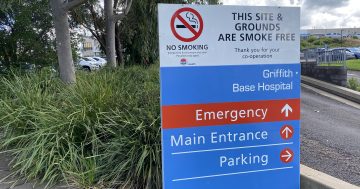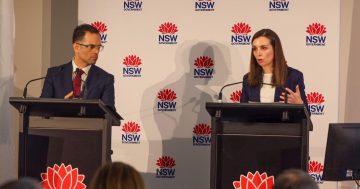
GPs are recording worrying levels of racism in the health system. Photo: iStock.
Two in 10 GPs are experiencing racism from their patients, one in 10 get it from their colleagues, and almost a third say they have witnessed racism towards patients in the health system.
The Health of the Nation report from the Royal Australian College of General Practitioners (RACGP) was released today (7 October), revealing startling data about attitudes towards race among the nation’s medical profession.
The nationwide survey of more than 2400 RACGP members found GPs were personally experiencing unacceptable rates of racism from patients and colleagues within their practices over the past year.
RACGP president Michael Wright said those figures, along with separate statistics showing 30 per cent of GPs have observed racism towards patients in the broader health system, are symptoms of a larger systemic issue.
“Racism in the health system is an issue that affects healthcare workers and patients alike,” Dr Wright said.
“It is not something we can ignore, and it is certainly not something that will fix itself.
“These findings make it very clear that both action and resources are needed to tackle systemic racism in the health system, including general practice.”
The RACGP has used the report to call for a national response to the issue, including Federal Government funding for monitoring and preventive measures.
Dr Wright said the RACGP has taken its own steps, such as implementing training and cultural awareness programs, to address racism in primary care, but wider action was needed.
“The message is unmistakable – racism is bad for people’s health, and patients and GPs must be protected from it,” he said.
“It is time for a comprehensive response to tackling systemic racism in the health system, including establishing a taskforce to implement recommendations from the National Anti-Racism Framework.
“We all have a role to play in understanding the impacts of systemic racism in health.
“That’s why we’ve called on the government to fund resources to monitor, measure, and prevent racism in primary care, including general practices.”
Dr Wright acknowledged that racism is complex, multifaceted and, to many people, invisible.
It cannot be adequately addressed, he said, until proper measurements are taken.
What needs to be measured is how prevalent racism is in the health system and how it affects patients and general practice team members.
Monitoring would help determine which actions and strategies are most effective in eliminating it.
“It’s a relatively minor investment with major potential to provide important insights, and help create healthcare environments that are culturally safe, where GPs and practice teams can identify and address racism with confidence,” Dr Wright said.
“Racism makes people sick. It has significant health impacts, causing stress and contributing to poorer outcomes across a range of conditions, including cardiovascular disease, diabetes, cancer, and psychological distress.
“Racism can also prevent people from seeking the care they need.”
The RACGP wants doctors and the government to co-design health policy with patients and healthcare providers from culturally and racially marginalised backgrounds.
Dr Wright said meaningful reform must be implemented to ensure the health system is safe for everyone in Australia.
“No one should be at risk of discrimination when seeking health care and no GP should be made to feel unsafe in their own workplace,” he said.
The General Practice Health of the Nation 2025 report also reveals that GP appointments are becoming longer, while the care patients need is becoming more complex.
GPs are managing conditions typically handled by other specialists, due to poor access and high costs for patients of many specialist treatments.
The average GP consultation is now 19.7 minutes, one minute longer than GPs reported in 2024.
Since 2022, the average time GPs report spending with patients has increased by 11 per cent.
Sixty-eight per cent of GPs report the top challenge they face is the growing complexity of patient presentations, with 86 per cent of them saying they are managing conditions they expect non-GP specialists would typically treat.
Seventy-two per cent of GPs are managing conditions they say they would expect to be treated in a hospital emergency department or urgent care.
Eighty-four per cent report that they want to provide more preventive care, yet only 32 per cent say they can spend adequate time on preventive care.
One reason 75 per cent of GPs say they cannot provide proper preventive care is that it is not financially incentivised.
However, fewer patients report waiting longer than they consider acceptable to see a GP.
For urgent issues, 54.2 per cent of patients were able to see a GP within 24 hours.
According to the survey’s report, 71 per cent of GPs say they are satisfied with their jobs despite the challenges.
Original Article published by Chris Johnson on Region Canberra.









